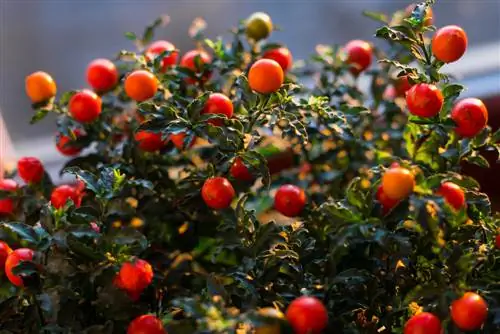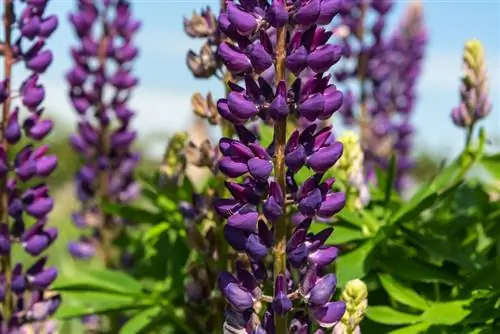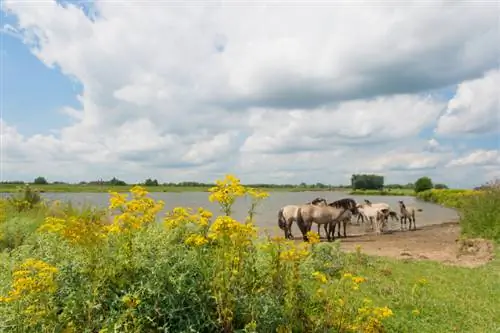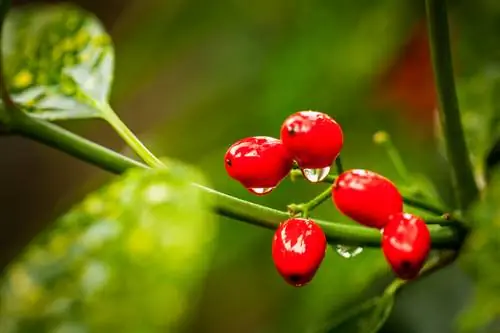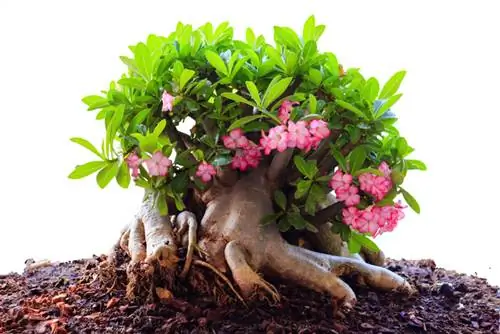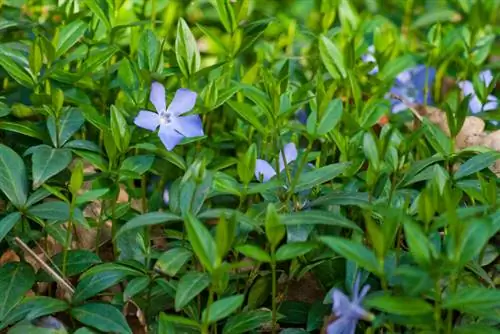- Author admin leonars@hobbygardeners.com.
- Public 2023-12-16 16:46.
- Last modified 2025-01-23 11:21.
The coral bush, which comes from South America, is often grown in a bucket or directly in the garden because of its strong red fruits. It belongs to the nightshade family and should therefore be treated with caution. Unfortunately it is one of the poisonous plants.
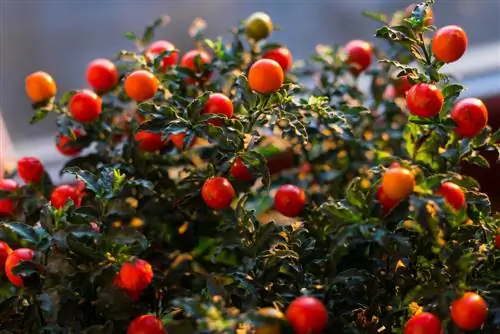
Is the coral bush poisonous?
The coral bush is poisonous to humans and animals because its fruits contain alkaloids such as solanocapsine. If consumed, symptoms such as nausea, abdominal pain, diarrhea and loss of consciousness may occur. Pets and small children are particularly at risk.
The coral bush is poisonous
No matter how beautiful the coral bush looks in the pot or in the garden bed - if you have children or pets in your family, you should be careful when caring for it. Like all nightshade plants, the fruits contain alkaloids such as solanocapsin, which are poisonous to humans and animals.
Eating just two berries can cause symptoms of poisoning such as
- Nausea
- Stomachache
- Diarrhea
- Unconsciousness
It is therefore important to place pots with coral bushes out of the reach of small children and pets or, better yet, avoid caring for them altogether.
Tip
The coral bush is not hardy and is therefore grown in a bucket. It must be wintered frost-free at temperatures that are not cooler than eight degrees.

